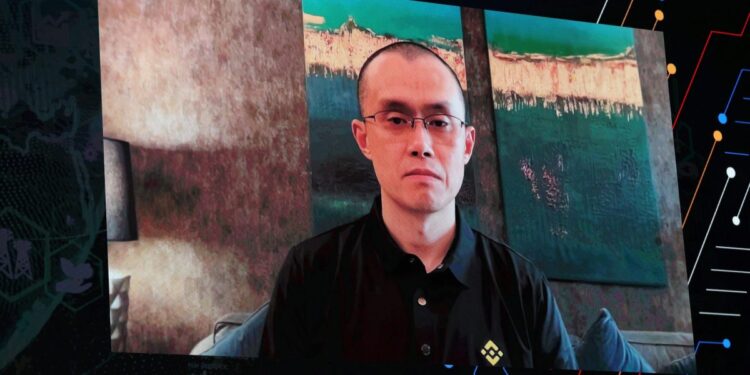
The world’s largest crypto exchange reportedly is facilitating transfers to and from at least five Russian lenders that Western powers blacklisted after Russia invaded Ukraine last year.
Binance provides customers the option to use the five lenders, including Rosbank and Tinkoff Bank, to process payments for peer-to-peer transactions, the Wall Street Journal reported. Customers trade peer to peer when they buy and sell directly from each other rather than through an exchange’s pool of crypto or a market maker.
The Journal also said Russians made peer-to-peer transactions worth approximately $428 million a month from October through March, according to Russia’s central bank. And Binance volunteers—called “Binance Angels”—reportedly told users over Telegram that the exchange isn’t imposing trading limits on Russian clients, a restriction it announced in April 2022 to accord with EU sanctions.
“We have no relationship with any banks whatsoever, in Russia or elsewhere, in relation to our P2P program,” a company spokesperson said in a statement to Fortune. “Binance follows the global sanctions rules and enforces sanctions on people, organizations, entities, and countries that have been blacklisted by the international community, denying such actors access to the Binance platform.”
Binance’s alleged run-arounds of Western sanctions on Russia add to a growing suite of allegations against the crypto exchange as it wages an increasingly existential legal battle in the U.S. and abroad.
In March, the Commodity and Futures Trading Commission was the first to wade into the legal fray when it filed a lawsuit against Binance and its CEO, Changpeng Zhao, alleging, among other things, that the exchange deliberately helped U.S. customers circumvent restrictions on crypto trading imposed by Binance’s American affiliate.
Then, the Securities and Exchange Commission filed its own lawsuit against Binance and Zhao, outlining even more extensive violations. “Through thirteen charges, we allege that Zhao and Binance entities engaged in an extensive web of deception, conflicts of interest, lack of disclosure, and calculated evasion of the law,” SEC Chair Gary Gensler said in a statement accompanying the litigation.
And for months, rumors have swirled concerning an incoming Justice Department indictment against Zhao and Binance for a potential heap of charges, including violations of anti-money laundering laws.
In July, top Binance executives reportedly tendered their resignations in response to Zhao’s handling of the Justice Department investigation, and the exchange has since laid off more than a 1,000 employees.













